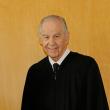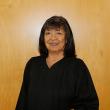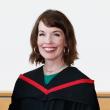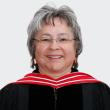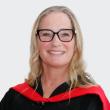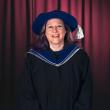The Medicine Collective is a group of Indigenous elders and knowledge-keepers who lead medicine making workshops, sharing traditional teachings that reconnect and facilitate conversations about land-based practice, indigenous knowledge, and reconciliation.
In each workshop, participants are introduced to medicine making in the context of facilitating conversations about land-based practice, Indigenous knowledge, and reconciliation.
Upcoming Workshops
November 28th - Cough syrup
What can I learn at a Workshop?
Workshops are limited to introductions to collective medicine ways of working with plant medicines.
Workshop attendees are encouraged to take formal training in professional herbology or naturopathy programs and consult with their physicians for any personal medical advice.
The workshops are introductions to Indigenous land-based ways of reconciling and decolonizing education and possible Indigenization approaches.
The Medicine Collective
The Medicine Collective is a group of Indigenous Elders and Knowledge-Keepers sharing traditional teachings to reconnect and restore relationships to lands and peoples that live on Turtle Island.
The Collective is committed to engaging with the TRC principles, and in providing land-based decolonizing education that revitalizes Indigenous communities’ self-determination and protection of Indigenous medicinal ethics, policy and knowledge translation.
The members acknowledge "the unceded ancestral territory of the hən̓q̓əmin̓əm̓-speaking xʷməθkʷəy̓əm (Musqueam) peoples, whose guidance and collaboration is central to our work."
Since 2009, as part of this collaboration, the Medicine Collective members have been instrumental in guiding the activities and direction of the Indigenous Health Garden “xwc̓ic̓əsəm the place where we grow.”
The Mission of the Medicine Collective
The focus is on intergenerational reconnection with the land initiatives including the reclamation of plant and food as medicines. Traditional Indigenous protocols and collective learning are used to plant, gather and make ‘medicines’ for communities; especially survivors of Residential Schools and keepers of ceremony, language and culture.
RECIPIENTS
